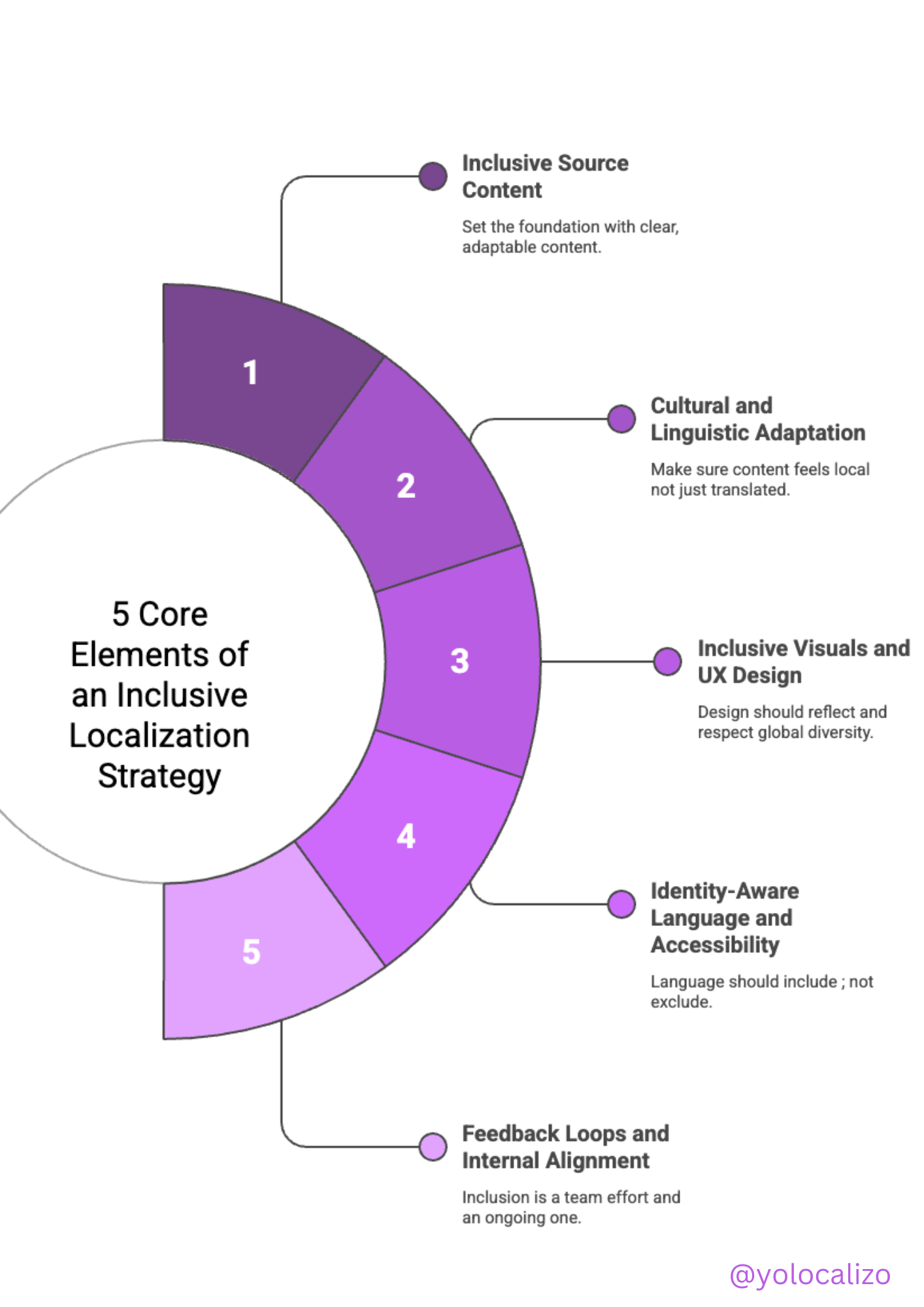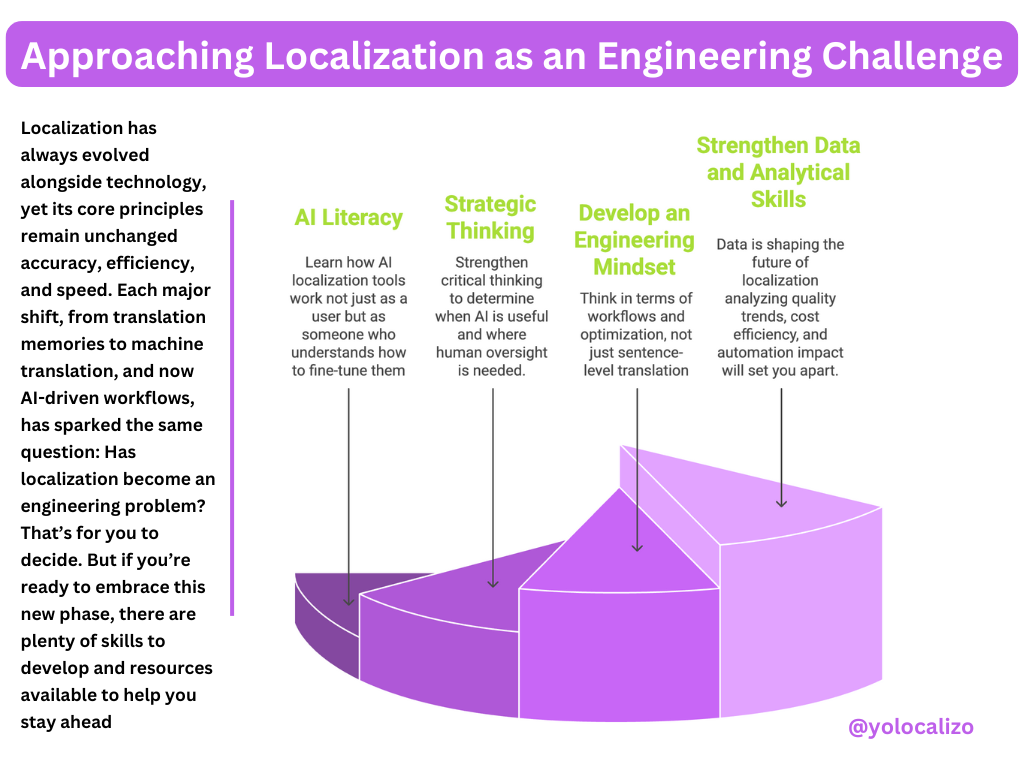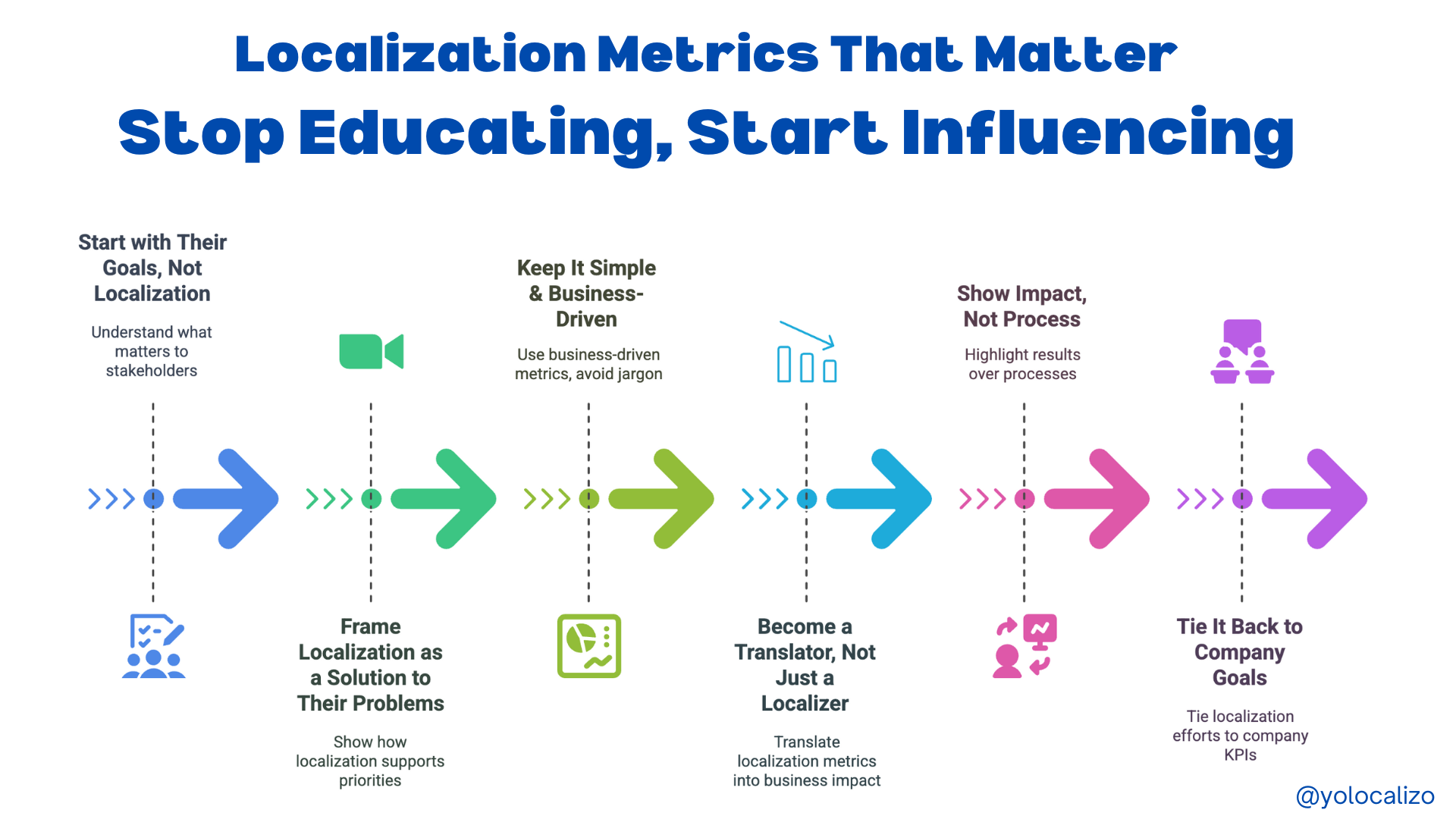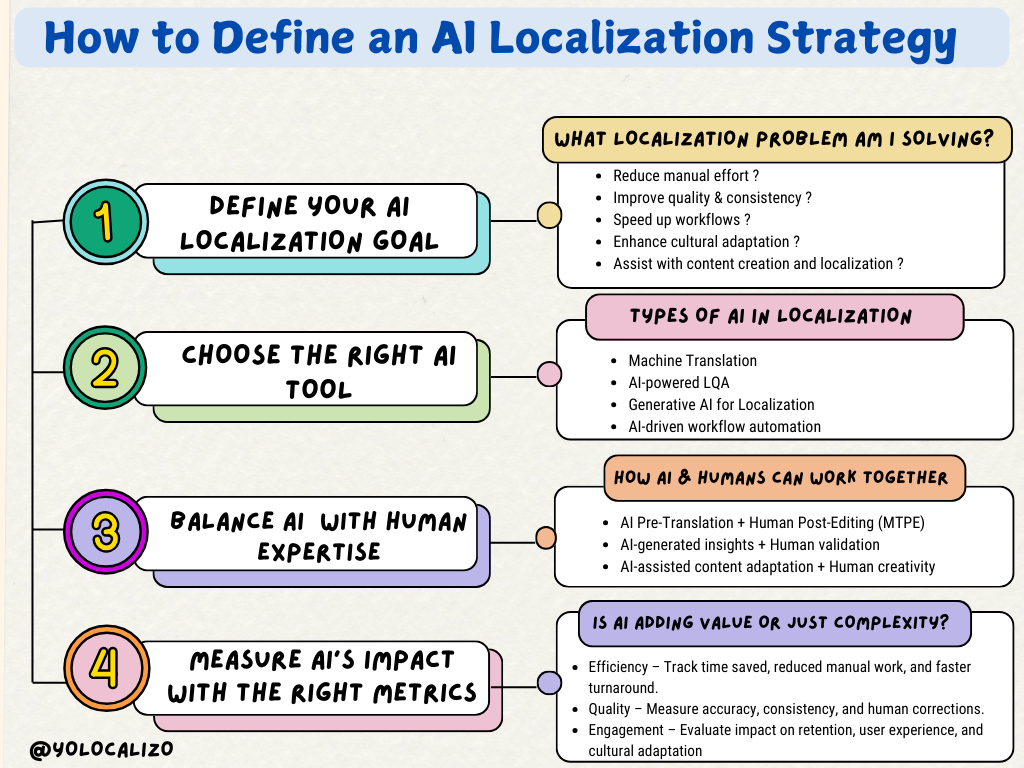How can we be Intercultural savvy in the Localization industry?
The other day this infographic appeared in some Google search I did while studying a certain subject about cultural intelligence. It is a summary of the skills that are most demanded in 2020. This infographic covers skills deeply related to technology (computational world, a rise of smart machines ...), but it also mentions soft skills that I found very related to different tasks we, as professionals of the translation industry execute. Among these "future" skills, we find virtual collaboration or cross-cultural competencies among others.
This is a topic that in recent years attracts me more and more. Everything related to cultural intelligence, cross-cultural competencies, and virtual team is a fascinating topic!
For this reason, I’m doing my best to read more and study more about CQ; the combination of exciting topic, and being a skill that has more and more relevance plays an important role in my curiosity benchmark🙂 ; I believe that in the hyperconnected world in which we live, working to increase our CQ is very useful, and in our industry, I would say it is essential!
Perhaps the Globalization / Localization / Translation industry is the world's most culturally diverse industry.
We are people of different nationalities, with a different personal background, academic, and living in countries very different from each other!
That makes anyone who really wants to succeed in "our world" have to learn to have a high degree of cultural maturity and be able to have or develop certain skills that we need to interact with our local teams, with subsidiaries or with remote language partner teams.
But what does it really mean to have a high degree of cultural maturity in the G-localization industry? How can we be Intercultural savvy in the Localization industry?
First things first, let's start with a definition to create the context. What does cultural maturity mean in our industry? Being Culturally Competent according to the Wikipedia definition is our ability to interact effectively with people of different cultures and socio-economic backgrounds.
For me, the key word in this definition is the word "effectively", because in order to be effective, from my point of view we need to be humble enough to acknowledge that all cultures have their own wisdom. It means that we have to approach one culture without a sense of superiority. It means "we" are not better than "they". Actually, if we remove that dichotomy even better, it's not "me", it's not "us" against them ...
The trick here is not to assume my culture, or a culture in general, is better than the other one; what we really have to aim to reach a high degree of cultural maturity is to look at both cultures, mine, or the team's localization that is in another country, or even the one of the LSP with which I work remotely equally without a sense of superiority.
Our ability to analyze these cultures and integrate them into our way of thinking is key. Integrating different cultural systems instead of rejecting them is crucial to developing a high CQ level.
When we are able to integrate different systems, different cultures in the way we relate to an LSP, we will be closer to becoming a super g-localizer.
Sometimes I hear in our industry that "this "person or that person has left such a position because it was not a good fit; My suspicion is that in these cases the ability to integrate the cultures of the "others" into "their" own beliefs generated a conflict that could not be solved, or could not be resolved well; It's like having 2 voices in our head that give us different orders, contradictory orders.
How can we make those little voices coexist with each other? What skills are necessary?
From everything I've read the most interesting work in this field of cultural intelligence, in my opinion, is coming from Erin Meyers, David Livermore, and Andy Molinsky. They are my referents in what cultural intelligence is concerned. And through reading their books and following their blogs, I was able to come to the conclusion that there are certain patterns that they all agree that help us increase our CQ
If we want to be super g-localizer and improve our CQ these strategies/skills can help us, take a pen and take notes 🙂
- Cognitive flexibility refers to our ability to have 2 totally different perspectives in our head. Sometimes even conflicting.
Is that possible?
Well, I think it is. And what does this mean in the localization world? For example it could be our tolerance of linguistic quality for the different tier of languages. The concept of quality , expectations of quality, are different in this part of the world from which I write this post, that we can have in certain Asian countries. There the tolerance to error is lower. If I am able to adapt to my stakeholders depending on where they are ... if I am able to change my speech, my localization strategy depending on the cultures of my future users ... then, that is a clear example that I have succeeded in integrating different perspectives in my way of working. It is a clear example that I can wear several hats, it is a clear example of mental flexibility .. and being flexible is key to doing a good job in our a fragmented industry so proclive to changes and to tight schedules.
- Ability not to judge "the others"; a super g-localiser when interacting with another person, another culture ... and observe a behavior that they do not understand, s / he does not say "that's weird", it embraces a mindset of "that's different", this may seem like only a small detail, but in reality it's an important detail!
Because from the moment I put the "label" of "weird" in the way others are behaving, I am feeding the little voice that tells us that our culture is better. Changing our inner thinking, and not saying weird, but "different", is the first step; and to be honest is a great first step. Not judging, and seeking to understand why this person, this culture behaves in that way is key. When we are able to develop this skill we show a great degree of empathy, which as Daniel Goleman reminds us in his book Emotional Intelligenece is key to achieving results when we work in multicultural environments
The third important quality of this super g-localizer that we want to create is
- Have an analytical mind; adapt to different styles to different cultures, to different people, requires a strong analytical mind to look at a cultural behavior; and understand not only the beliefs that are underlying these behaviors but also the way in which these beliefs are connected. It is a detective work (a subject of which I spoke in this post a few weeks ago). Being curious, observing and being able to connect the different conclusions makes having an analytical mind a great asset. at our disposal to improve in this area.
Now, what are the next steps, you might be wondering (?)
Let's recap, in this post I have talked that to thrive in our multicultural industry we need to have cognitive flexibility, ability not to judge others, have an analytical mind ... and that will help us to have a higher degree of cultural maturity ... easier said than done 🙂; but perhaps the next steps we can take must be related to increasing our self-awareness; continually question our beliefs is necessary, remind ourselves when we are in an environment different from ours not start getting rapid conclusions when judging the environment...
We need to reflect on areas such as:
-what beliefs do I have that conflict with the new environment I am in?
-what beliefs do I have in me as a person that if I am not able to mold they can have negative consequences for my success in different areas of my work?
-what areas do I have in me as a human being, which seems to conflict, again and again, every time I talk to people from different countries, with providers from different cultures.
-what are the advantages of seeing the world through my beliefs, and the disadvantages? What would be the advantages if I am able to integrate different beliefs and be more mentally flexible?
• We can also ask ourselves how good we are by controlling our emotions, how we act, how we react in a situation where I am outside my comfort zone, how do I feel? Do I reject it? Can I integrate them in my way of working? in my way of seeing the world from another perspective?
I would really like to invite you to think through these questions I elaborate in this post, these questions do not have an easy answer, so take some time to reflect on them 🙂
Once we have identified our weak areas we are in a better situation to develop a plan that makes us improve our overall cultural competency; when a blinded spot ceases to be blind, is when we progressively move forward and become a little more super globalizers... building bridges across cultures.
What about you? Do you have any skill that you want to share that it's helping you to increase your cultural competence? Feel free to leave your comments below and have a great week!
@yolocalizo














Before jumping on the AI bandwagon: What localization problem are you trying to solve? AI is everywhere right now, including in localization.
But before jumping on the bandwagon, we need to stop and ask:
Are we solving the right problem?